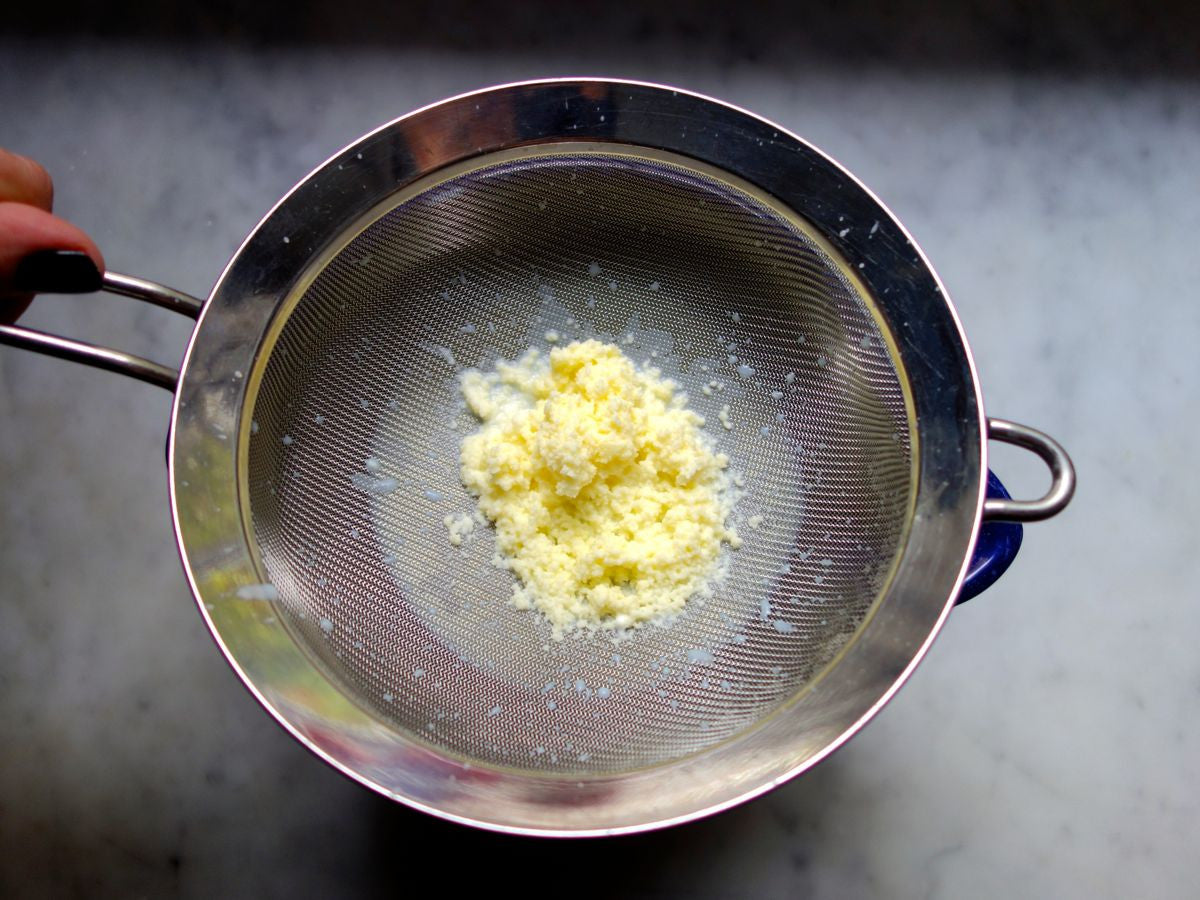Your Cart is Empty

Throughout the ages, butter was revered as a healthy and delicious product. It was used medicinally in some ancient Indian cultures, ancient Egyptians valued it as a cure for eye problems, and during the Tang dynasty in China clarified butter was symbolic of Buddha’s enlightenment. However, in the recent past the health properties of butter have been extensively debated.
In the mid‐20th century, heart disease quickly rose to become our country’s number one killer. Partly in reaction to this, the American Heart Association announced their anti‐fat guidelines for a healthy diet in the 1970s. Millions of Americans switched from butter to margarine, which was previously considered a “poor man’s food”. Butter was linked to an increase in cholesterol, along with a slew of other health problems.
It is only in the past few years that the reputation of butter as a nutritional, important part of a balanced diet is becoming restored in our cultural psyche. Though it should be enjoyed in moderation, like many of the best things in life, butter is full of nutrients and vitamins that are important to a healthy diet.
Rochelle Bilow of Bon Appetit provides a brief timeline of studies about butter that show how regularly the public perception of butter has changed over the past century and a half. We’re left thinking that maybe, just maybe, butter is alright despite yo‐yoing public opinion. It has been consumed, used, and venerated for several millennia after all.
Comments will be approved before showing up.


What an honor to be featured in The New York Times! We are so proud to have gotten a stamp of approval from Florence Fabricant, food critic of the NYT.
